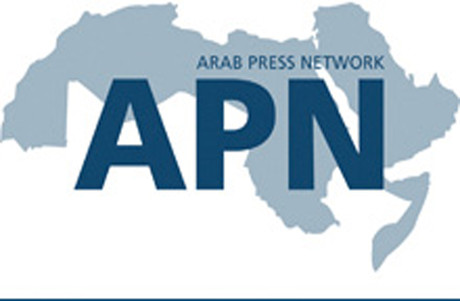The Partnership, a coalition of press freedom and human rights organisations including ARTICLE 19: Global Campaign for Free Expression, The International Federation of Journalists (IFJ), International Media Support (IMS), and The World Association of Newspapers and News Publishers (WAN-IFRA), visited Yemen in a week-long advocacy mission in November 2010.
The report, published today and entitled “Freedom of Expression in Yemen: A Critical State of Affairs”, reveals that Yemeni media professionals live and work in an extremely hostile environment.
“Widespread violence is directed against journalists, while reports of abductions, kidnappings, arbitrary arrests, beatings and torture are commonplace,” said Rodrigo Bonilla, Press Freedom Missions Coordinator at WAN-IFRA, the Partnership’s lead organisation. “The Yemeni government uses a powerful set of draconian laws to stifle freedom of expression, while through tight control over broadcast and print institutions, distribution outlets and advertising it is seriously undermining the development of a strong independent media.”
Journalists feel inadequately protected by the country’s legal system and there is a culture of fear surrounding editorial coverage of a wide range of issues. As a result, self-censorship is common practice.
“The acts of intimidation and harassment of critical voices are further legitimised by a parallel court system and with proceedings that fall short of the Yemeni constitution,” commented Dr Agnes Callamard, Executive Director of ARTICLE 19. “The Government should immediately abolish the system of special courts for media related offenses, stop unjustified restrictions on freedom of expression, and create an enabling environment for media and civil society.”
While revisions to the laws surrounding media regulation are expected to come following the start of a parliamentary consultation process, wider liberalisation and development of the sector is crucial if the media is to provide effective coverage of the issues and fulfill its role of holding power to account. “I hope that we will finally see a positive response from the government in relation to the new press laws and access to information proposals so that they fully meet international standards,” said Antti Kuusi, IMS Country Coordinator for Yemen.
In a call to the international community for greater support, Yemeni media professionals appealed to the International Partnership to help focus attention on the urgent internal issues that are tearing the country apart.
“Journalists, editors and media professionals are insisting that urgent reforms are introduced that will guarantee social and professional rights for all,” said Aidan White, IFJ General Secretary. “Journalists work in conditions of poverty and media exist in a twilight world of press freedom. It’s time for wholesale change that will set journalism free, create transparency and set the country on a track that will bring democracy and prosperous development for all.”
As recent events have shown, the Yemeni people are growing increasingly frustrated with President Ali Abdullah Saleh’s 33-year regime. As protests turn violent with reports of government supporters attacking pro-reform demonstrators, the International Partnership for Yemen urges the president to allow greater media freedoms to provide the credible and plural information that is at the very core of the democratic society people are calling for.
The report also calls for the immediate release of Saba news agency journalist Abdul Ilah Haider Shaea, imprisoned for supposed links to Al-Qaeda. The international coalition is concerned that Mr Shaea is being punished for his critical writing on the government’s terrorism policy.
Download the full report Freedom of Expression in Yemen - A Critical State of Affairs.






